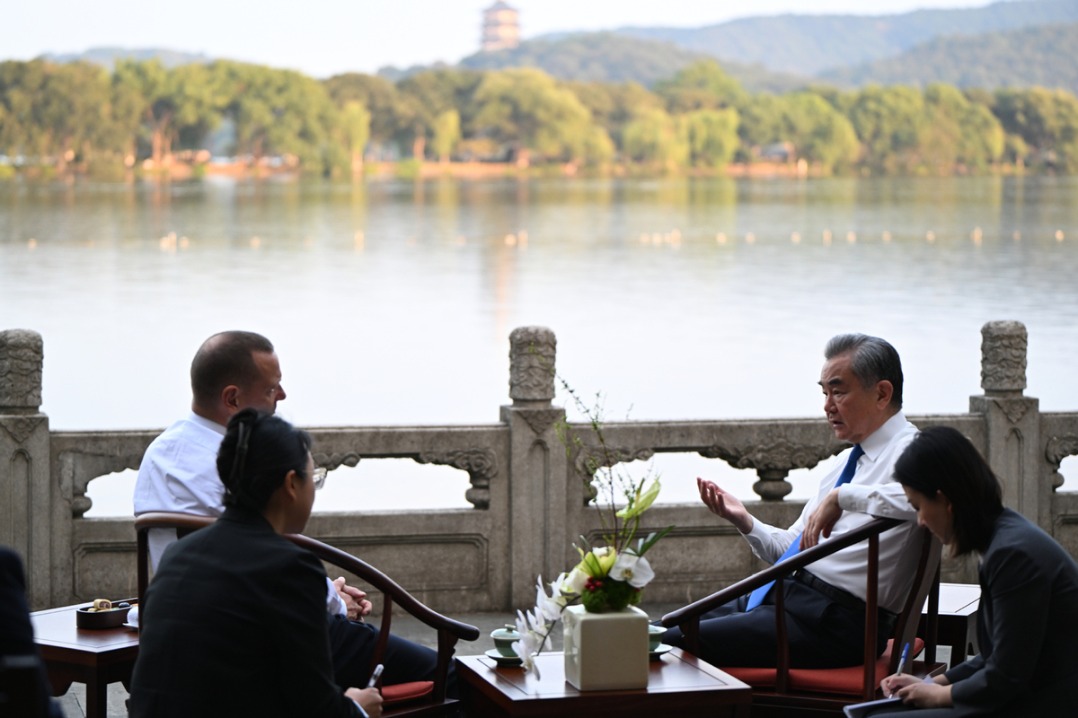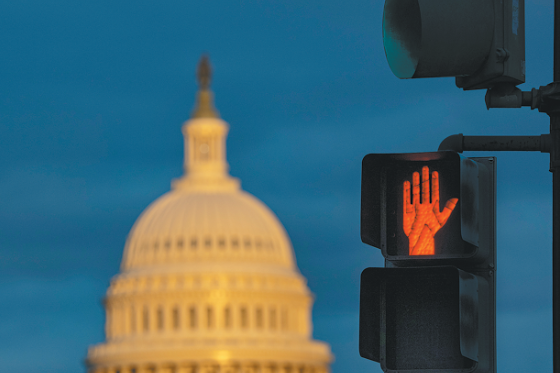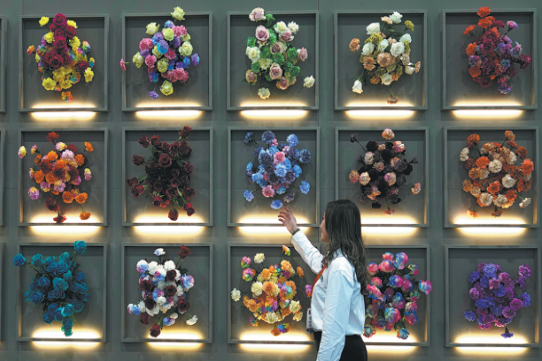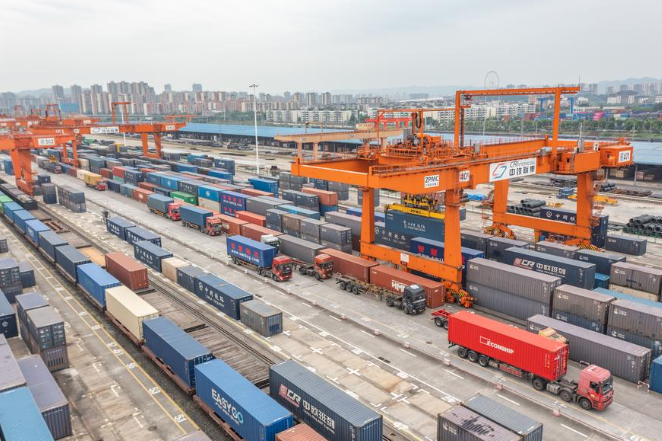Former PM Murayama leaves behind notable legacy of confronting history head-on

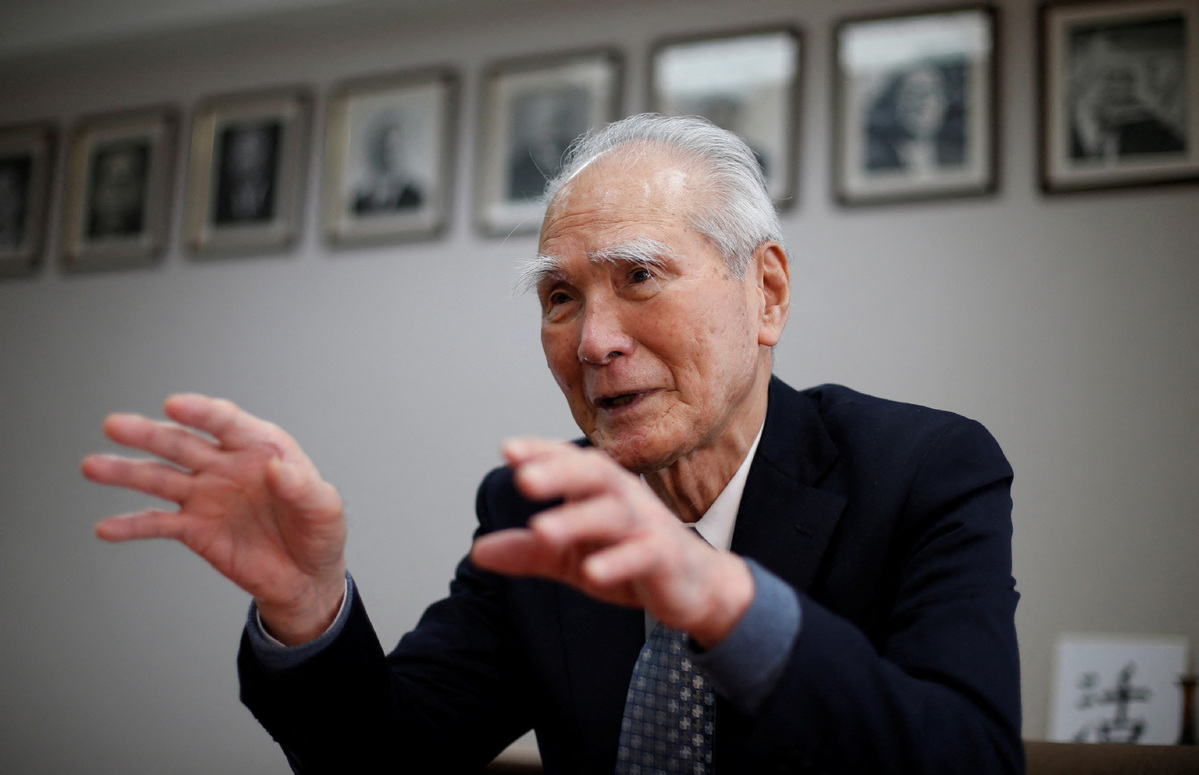
Former Japanese prime minister Tomiichi Murayama, who passed away on Friday morning in the city of Oita at the age of 101, leaves behind a notable legacy of confronting history squarely and striving for cross-border friendship among neighboring nations.
The former leader of the Socialist Party of Japan led a coalition government with longtime rival the Liberal Democratic Party in the mid-1990s and is renowned mostly for the Murayama Statement which was issued by the Japanese government on Aug 15, 1995.
The statement declared that "Japan, following a mistaken national policy, advanced along the road to war, only to ensnare the Japanese people in a fateful crisis, and, through its colonial rule and aggression, caused tremendous damage and suffering to the people of many countries, particularly to those of Asian nations."
Under his leadership, Japan won the trust of its neighbors including China after he issued the statement drawing the line under the postwar period on the 50th anniversary of the end of World War II.
Extending sincere congratulations to him on his 100th birthday on March 3, 2024, Foreign Ministry spokesperson Mao Ning said Murayama was an old friend of the Chinese people who has long been committed to the cause of Sino-Japanese friendship.
Mao added that the Murayama Statement is a solemn statement and commitment made by the Japanese government to the people of the victimized countries in Asia regarding its past history of aggression and colonialism, and should be faithfully adhered to.
This year marks the 80th anniversary of Japan's defeat in the Chinese People's War of Resistance Against Japanese Aggression and the World Anti-Fascist War. In January, during a written interview with the media, Murayama once again reviewed the Murayama Statement.
He said that admitting past mistakes, expressing apologies, and declaring Japan's position as a peaceful country can help expand the trust of Asian countries in Japan. "This future-oriented concept is very important to Japan," said Murayama.
Born on March 3, 1924, in Oita Prefecture, Murayama moved to Tokyo in 1938 but was later drafted into the armed forces and was stationed in Kumamoto at the end of World War II. He won his first Lower House election in 1972. In 1993, he became chairman of the Japan Socialist Party.
On June 29, 1994, Murayama became the 81st prime minister of Japan, leading a coalition government that also included the LDP and a smaller party called Sakigake. His tenure lasted until 1996.
During Murayama's visit to China in May 1995, he visited Lugou Bridge and the Chinese People's War of Resistance Against Japanese Aggression Memorial Hall in suburban Beijing, and left an inscription: "Facing history, praying for Japan-China friendship and permanent peace". The inscription is still on exhibition in the hall.
Murayama's premiership also dealt with the 1995 Great Hanshin Earthquake and the March 1995 sarin gas attack by the Aum Shinrikyo doomsday cult in Tokyo's subway system, The Japan Times reported.
He retired from politics in 2000.

















